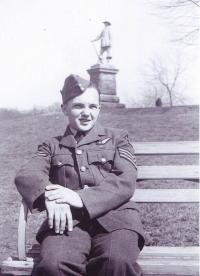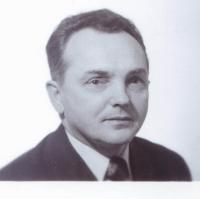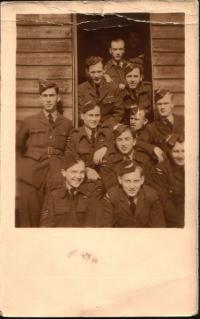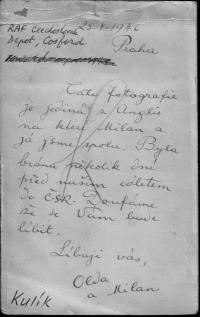„We expected a better life after the war, but everything turned out to be different.“
Mr. Kulik Oldrich was born on December 24th, 1922. When the Second World War broke out, he lived with his family in Morocco, where his father worked at the Czech embassy. After his graduation from the French Lyceum, he decided to leave for England to fight against the Nazis. He spent almost two years in England. He underwent military training in Scotland and in the Bahamas. In combat, his main task was to locate the enemy aircrafts and submarines. After the end of the war, he worked as a French teacher and a translator. He now lives in Prague in the Sue Ryder House.




